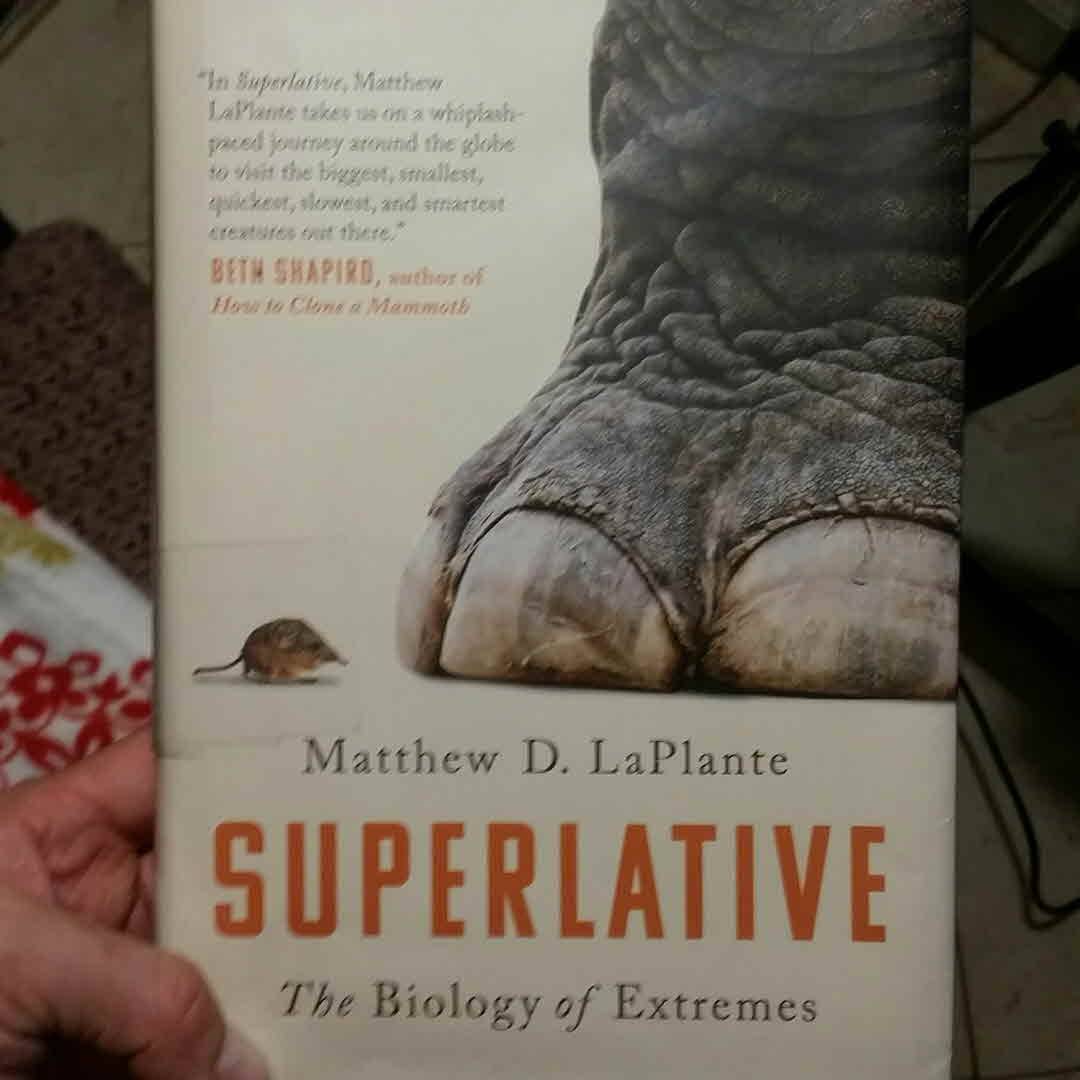
10 likes
If we're going to stick around as a species for much longer, with a growing global population, we're almost certainly going to need to find another food source --one that requires less land, creates less pollution, and converts plants into protein with far greater efficiency than cows, pigs, and poultry. And to do that, experts believe we're also going to need to get less picky--and start eating insects more widely